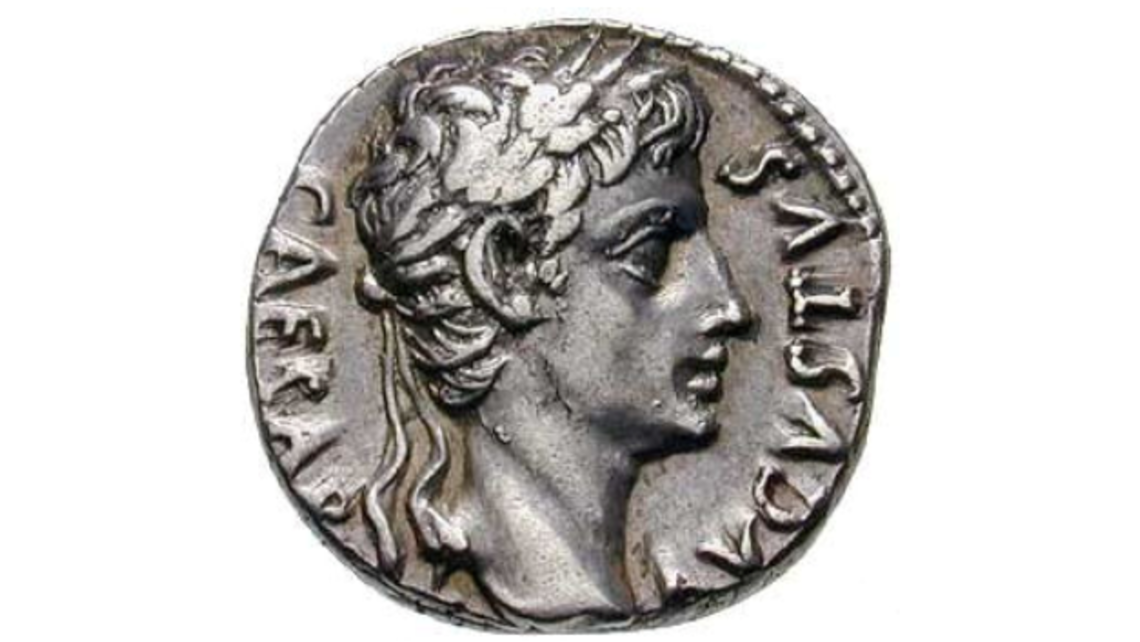 Reading the gospels, we are often reminded that Jesus had little trust or interest in the prevailing civil institutions, focusing instead on the kingdom of God and spiritual realities that as Messiah he was bringing to humanity. Unlike the Pharisees, he did not care that Palestine was a vassal of the Roman Empire:
Reading the gospels, we are often reminded that Jesus had little trust or interest in the prevailing civil institutions, focusing instead on the kingdom of God and spiritual realities that as Messiah he was bringing to humanity. Unlike the Pharisees, he did not care that Palestine was a vassal of the Roman Empire:
Tell us, then, what is your opinion: Is it lawful to pay the census tax to Caesar or not?” Knowing their malice, Jesus said, “Why are you testing me, you hypocrites? Show me the coin that pays the census tax.” Then they handed him the Roman coin. He said to them, “Whose image is this and whose inscription?” They replied, “Caesar’s.” At that he said to them, “Then repay to Caesar what belongs to Caesar and to God what belongs to God.” When they heard this they were amazed, and leaving him they went away (Matt 22: 17-22).
The Pharisees were hoping that Jesus’ yes or no regarding the payment of the tax would force a catch-22: either serious trouble with Roman authorities or loss of credibility with the Jews. But Jesus added a spiritual dimension to the question, a reminder that God is the supreme authority to whom we must first render honor and allegiance. They could not contradict that and left.
In early 20th-century America. It was argued by rich people like Andrew Carnegie that civil institutions could better solve the problems of society than religion. The Christian concept of charity, he argued, was deficient, overly focused on the giver whose motivation was love of God and neighbor and not having as its goal the systematic eradication of impoverishment. From Carnegie’s Gospel of Wealth:
[Charity] had become associated in the popular mind largely with almsgiving, a practice dismissed by large swaths of the public as inefficient and demeaning. …Labor leaders and laissez-faire zealots, radicals and reactionaries, as well as many of those in between, could unite around a yearning for an “end to charity.”
Carnegie was a union-buster and in bed with politicians who maintained tariffs on foreign steel on his behalf. He was typical of many industrialists of the era who made their wealth at the expense of the working poor.

Today’s Carnegies are all those billionaires who fly around the world lecturing us about the alleviation of poverty, population control, and climate change, e.g. Bono, Sachs, Gates etc., the same people who have nothing to do with Catholicism and yet are repeatedly invited to Vatican events.
Charity is derived from the Latin caritas which translates the Greek word agape, “love”, without the presence of which giving to the poor is of absolutely no value:
If I give away everything I own, and if I hand my body over so that I may boast but do not have love [agape], I gain nothing. (1 Corinthians 13:3).
St. Paul explains that agape is a distinctly Christian virtue and is a gift of God to the baptized:
…and hope does not disappoint, because the love of God has been poured out into our hearts through the holy Spirit that has been given to us (Romans 5:5).
There is a wide gulf between the Church as the Body of Christ and organizations that are outside that body. The world speaks a different language and has different priorities and values. Jesus was right not to trust civil institutions; one would eventually declare him innocent and then sentence him to torture and execution.
…rjt
